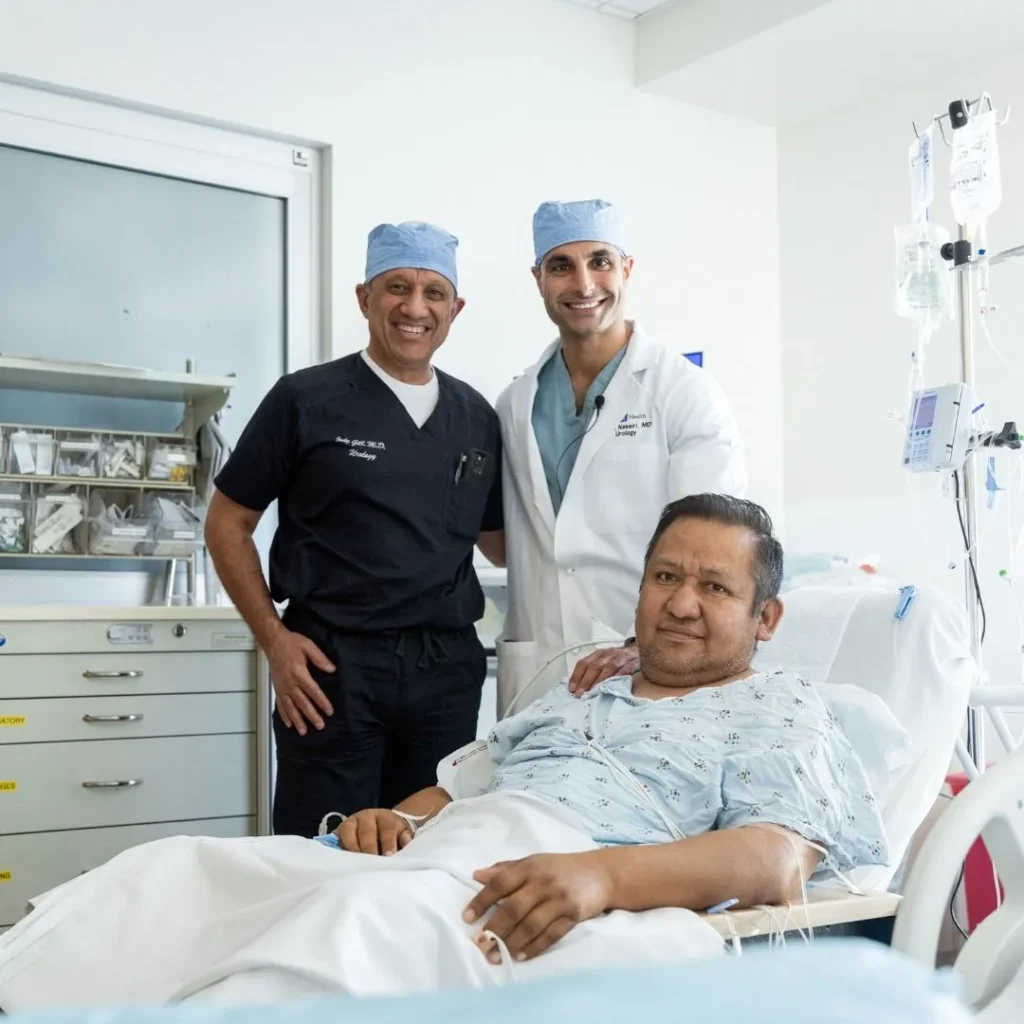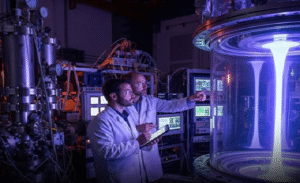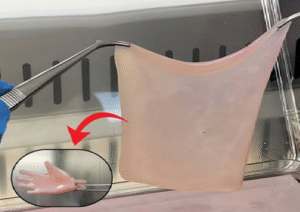In a groundbreaking medical achievement that has captured global attention, surgeons in Los Angeles, California, have successfully performed the world’s first human bladder transplant, setting a new benchmark in organ transplantation and offering unprecedented hope to patients suffering from severe bladder dysfunction.
The historic eight-hour surgery took place on May 4, 2025, at Ronald Reagan UCLA Medical Center. The pioneering procedure was a collaborative effort led by Dr. Nima Nassiri, a urologic transplant surgeon and director of the UCLA Vascularized Composite Bladder Allograft Transplant Program, with key assistance from Dr. Inderbir Gill, founding executive director of USC Urology.
The recipient of this revolutionary transplant was 41-year-old Oscar Larrainzar, a father of four. Larrainzar had previously lost a significant portion of his bladder due to cancer and had also undergone the removal of both his kidneys due to renal cancer and end-stage kidney disease, leaving him reliant on dialysis for seven years. In this complex operation, he received both a bladder and a kidney from a single deceased donor.
“The kidney immediately made a large volume of urine, and the patient’s kidney function improved immediately,” stated Dr. Nassiri. “There was no need for any dialysis after surgery, and the urine drained properly into the new bladder.”
This momentous surgery is the culmination of over four years of intensive research and development by Drs. Nassiri and Gill, who meticulously developed the surgical technique, designed clinical trials, and secured the necessary regulatory approvals. Prior to the human transplant, they conducted numerous practice procedures on human cadavers and even performed the first-ever robotic bladder retrievals and transplantations in deceased donors.
Historically, full bladder transplants have been considered unfeasible due to the intricate vascular structure of the pelvic region and the technical complexity involved. Current alternatives for patients with non-functioning bladders often involve using parts of the intestine to create a new urinary reservoir, a method fraught with risks of infection and other long-term complications.
This successful transplant, performed as part of a UCLA clinical trial, opens a new door for thousands of patients with debilitating bladder conditions, potentially providing a more physiological and effective solution. While long-term outcomes, including the need for lifelong immunosuppression to prevent organ rejection, are still being monitored, the immediate success of this procedure has been hailed as a transformative moment in urological medicine.
The medical community is closely watching this development, which promises to redefine the treatment landscape for bladder diseases and reinforces Los Angeles’s position at the forefront of medical innovation.







